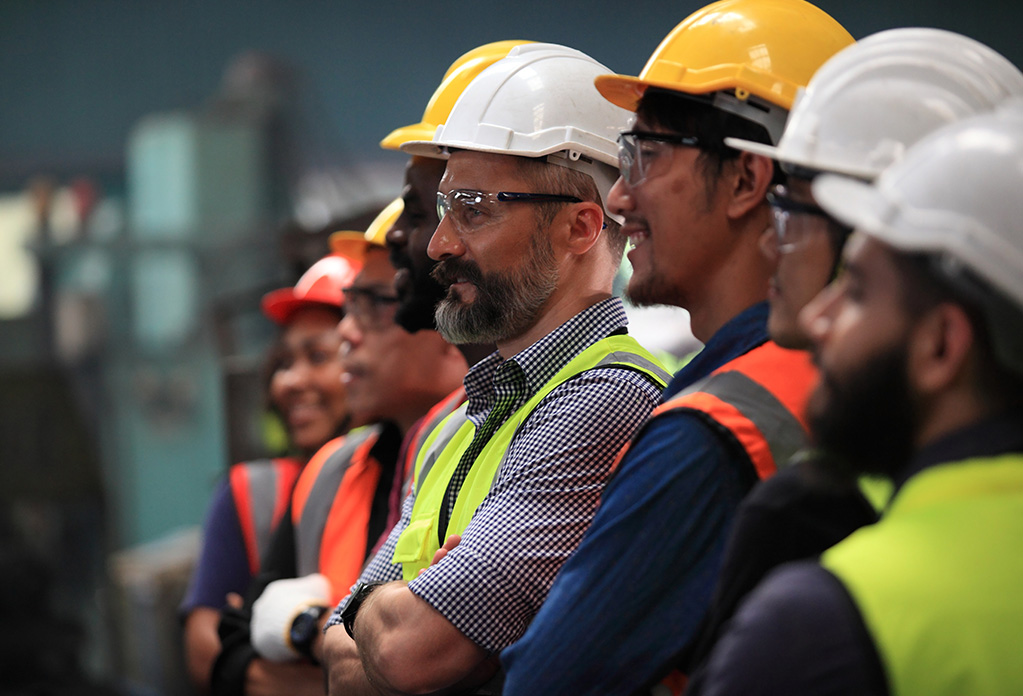
More businesses are making an effort to build anti-slavery strategies. Key decision makers are more informed than they once were on modern slavery risks in their business and supply chain.
However, not everyone is aware of modern slavery, the signs to spot and the real risks within every business. Can you confidently say that your employees are informed about modern slavery?
Training your workforce will help reduce risks and give them the knowledge they need to be a part of the solution.
The power lies in your people
Investing in modern slavery training for your employees is key. Your workforce is the engine that fuels your business. If you truly want to eradicate modern slavery from your supply chain, you must educate your employees.
Providing your workforce with modern slavery awareness training will help to ensure they can confidently spot the signs of modern slavery when they see or suspect potential cases. When your employees are better informed on what modern slavery is and how it manifests, they will also feel more confident to report any concerns.
Having the courage to report potential cases is what can help stop modern slavery in its tracks. This kind of collective action is the most powerful way to reduce – and hopefully, one day erase – modern slavery cases.
The benefits of training your workforce
Raising awareness of modern slavery within your workforce is paramount in this era. As a society, we can no longer turn a blind eye to unethical working practices. By informing your employees on modern slavery, you are nurturing sustainable practices that can have many organisational and individual-centred benefits
Training your workforce can reduce the risks to your workers and your business in the long run and help you remain legally compliant.
Providing training also:
-
- helps to increase supply chain transparency when workers know the signs to spot and how to report;
-
- gives employees the confidence to flag concerns;
-
- helps improve your brand image and business reputation;
-
- can strengthen investor assurance as a business that evidences a commitment to ethical practices;
-
- can help to stabilise your supply chain;
-
- proves your business is serious about tackling modern slavery.

Extend beyond your employees
It’s not just your immediate workforce that needs to be aware of what modern slavery looks like, but your suppliers and contractors too. Due to the complexity of supply chains, transparency decreases, and risks increase the further down you go. Having a long-term modern slavery training strategy that includes your supply chain ecosystem is inherently more effective.
Making a commitment to tackle modern slavery
The road to a slavery-free world is one of continuous improvement. It’s a journey that requires frequent attention and adjustment. Providing modern slavery awareness training to your employees is fundamental in addressing exploitation.
Implementing ongoing worker education into your anti-slavery strategy will strengthen your approach, empower your employees and protect your business.
Unseen UK ensures businesses and statutory agencies get the most relevant and high-quality training possible. We have trained thousands of people using the latest data and real-life case studies from our UK Modern Slavery and Exploitation Helpline, reaching 50,000 employees through our online training in 2022 alone.
Do you want to be part of the solution? Get in touch with Unseen Business today.


